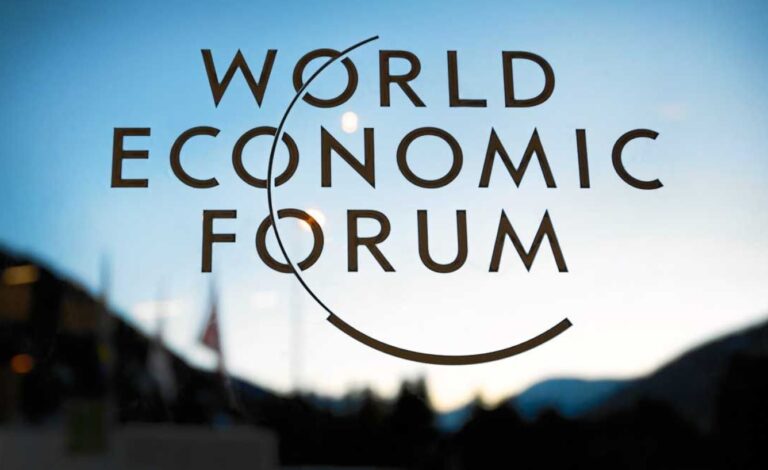In Davos, the town in the heart of the Swiss Alps, everything is ready for the World Economic Forum 2024. More than sixty heads of state and another 2,800 prominent figures including economists, bankers and politicians are preparing to participate in the 54th annual meeting to discuss global challenges, including the climate crisis and ongoing conflicts.
Among the best-known participants are the French President Emmanuel Macron, the Spanish Prime Minister Pedro Sanchez, the President of the European Commission Ursula von der Leyen, the US Secretary of State Anthony Blinken and António Guterres, Secretary General of the United Nations (UN), as well as Chinese Premier Li Qiang.
“At a time when global challenges require urgent solutions, innovative public-private collaboration is needed to turn ideas into action,” said Børge Brende, President of the WEF.
Table of Contents
“Rebuilding trust”: conflict and economic development
In the current climate of strong insecurity, “Rebuilding trust” is the main theme of the over two hundred work sessions scheduled between 15 and 19 January. The many ongoing wars have undermined global and economic security and threatened international cooperation. And collective action is needed now more than ever. For WEF Director General Mirek Dusek, this is a direct response to the lack of trust in our societies and between our nations.
The meeting takes place in what is perhaps the most complex geopolitical scenario for decades. The most anticipated guests are the Ukrainian president Volodymyr Zelensky and the Israeli president Isaac Herzog, to address the issue of conflicts in Ukraine and the Middle East.
Zelensky will hold a “special speech” in person for the first time on the afternoon of January 16. But already from the 14th seventy government officials will begin talks to discuss possible solutions for the war against Russia. The invasion, which has now lasted for 22 months, has caused a series of security and global economic problems, including the recent energy crisis in Europe.
The war in the Middle East, in addition to seriously threatening security and diplomatic relations throughout the region, risks spreading to other states.
Some of this is already happening. With the conflict against Yemen’s Houthi rebels in the Red Sea, armed by Iran, who with their attacks threaten global trade in one of the most important trade routes in the world.
The attacks were condemned in the recent UN Security Council resolution which prompted the United States and Great Britain to intervene with force.
Climate crisis, nature and energy
The climate crisis is among the most important challenges to face and global leaders are called upon to find collective long-term solutions.
The First Movers Coalition, as part of the World Economic Forum agenda, represents a collective effort for companies to decarbonize high-emitting sectors and advance emerging climate technologies to significantly reduce greenhouse gas emissions.
Since its founding with 35 founding members, the coalition has expanded significantly, now comprising more than 95 members. Together, these members have made a total of 120 commitments, reflecting the coalition’s growing influence and dedication.












